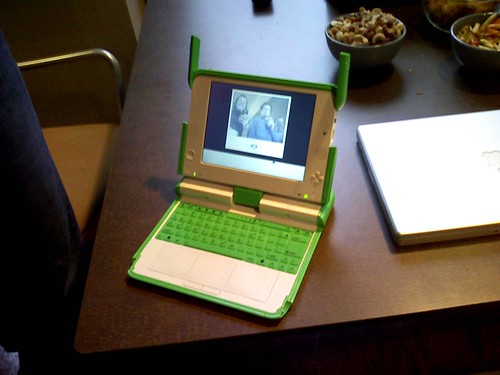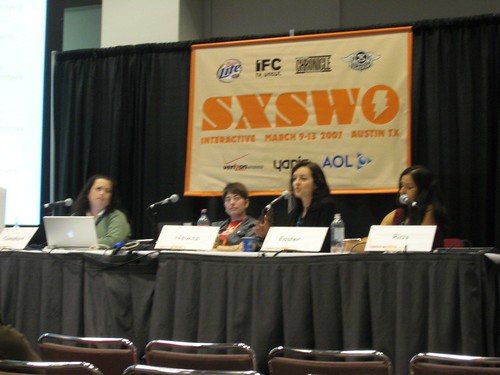Wireless Power Moves from Science Fiction to Reality
It sounds like something out of Star Trek. Power broadcast through thin air to charge electronic devices like computer peripherals, MP3 players, cell phones, medical devices, and more. Darren Murph at Engadget sums up the idea pretty well, “energy without wires has always seemed like one of those novel concepts that sounds terrific in theory, but remains a tad difficult to imagine hitting the commercial scene for some time to come. Apparently, all that is about to become nonsense, as a Pennsylvania-based startup is set to capture the wireless-loving hearts of, um, everyone when it tackles contactless power products.”
An article in Business 2.0 Magazine has a few more details about the company and their upcoming products:
A startup called Powercast, along with the more than 100 companies that have inked agreements with it, is about to start finding out. Powercast and its first major partner, electronics giant Philips, are set to launch their first device powered by electricity broadcast through the air.
It may sound futuristic, but Powercast's platform uses nothing more complex than a radio--and is cheap enough for just about any company to incorporate into a product. A transmitter plugs into the wall, and a dime-size receiver (the real innovation, costing about $5 to make) can be embedded into any low-voltage device. The receiver turns radio waves into DC electricity, recharging the device's battery at a distance of up to 3 feet.
Picture your cell phone charging up the second you sit down at your desk, and you start to get a sense of the opportunity. How big can it get? "The sky's the limit," says John Shearer, Powercast's founder and CEO. He estimates shipping "many millions of units" by the end of 2008. (Quote from Business 2.0)
The technology is not quite ready to charge large consumer devices like laptops, which currently require more power than what can be effectively generated by this technology; however, as manufactures continue to develop laptops with increasingly lower power consumption, this might become feasible in a few years.
Personally, I am pretty excited about this. I tend to charge my electronic devices in the living room, and I am constantly tripping over cell phone chargers, laptop cords, iPod connectors, etc. Being able to plug a charger into an out of the way location to charge a cell phone sitting on a table without any wires is really cool!













